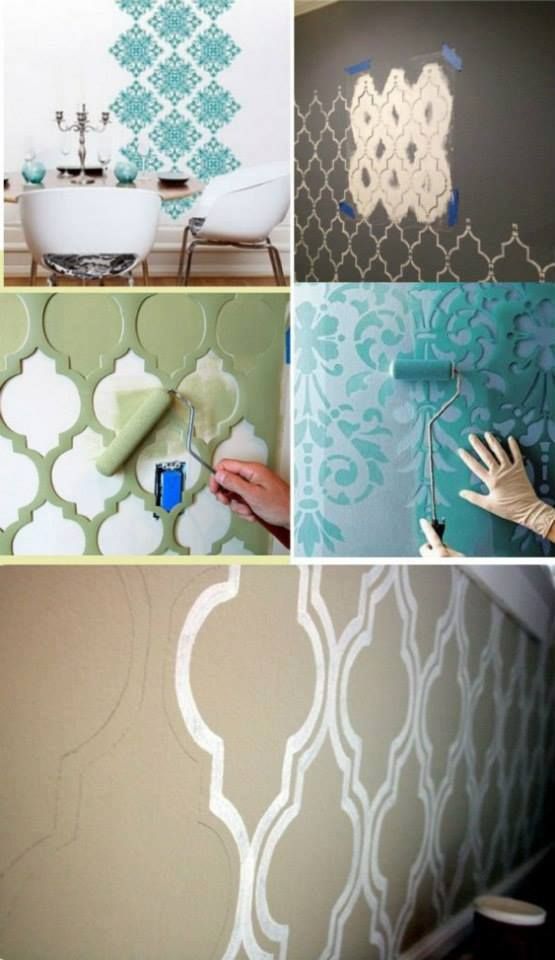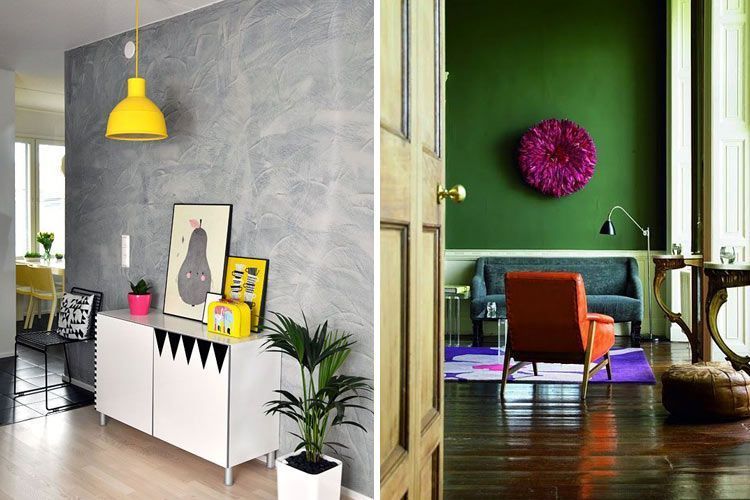When it comes to decorating our homes, one of the most impactful changes we can make is to alter the walls. Wall paintings act as a canvas that reflects our personality and home style. Drawing from my own experiences and extensive research, I want to take you on a journey exploring the art of wall painting decorations.
Understanding Wall Painting Decorations
Wall painting decorations encompass a variety of techniques and styles that enhance the aesthetic appeal of a space. Whether you are considering a complete overhaul or just a subtle update, there are numerous options to choose from.
What Are Wall Paintings?
Wall paintings are artistic compositions created directly on wall surfaces. They can range from intricate murals to simple patterns, providing a unique opportunity to express creativity.
Why Choose Wall Painting Decorations?
- Versatility: They can suit any space, from residential to commercial.
- Personalization: They allow homeowners to express their unique style.
- Affordability: Compared to other art forms, wall painting can be relatively inexpensive.
Popular Styles of Wall Painting Decorations
Here are some of the popular styles of wall painting decorations that you can consider:

1. Murals
Murals are larger-than-life artworks painted directly on walls. They can tell stories, showcase landscapes, or celebrate cultural heritage.
Pros: Unique, can transform an entire room. Cons: Requires skill; can be time-consuming.
2. Geometric Patterns
Geometric patterns add a modern touch to any room. They can be painted in vibrant colors or subtle hues.
Pros: Trendy; easy to customize. Cons: Needs precision in execution.

3. Color Blocking
Color blocking involves using bold colors in blocks or sections to create visual interest.
Pros: Simple to achieve; impactful. Cons: Can overwhelm small spaces.
4. Stencils and Decals
Stencils and decals are perfect for beginners. They allow for easy application and can be removed or changed easily.
Pros: Easy to apply; less mess. Cons: May lack uniqueness.

Techniques for Wall Painting Decorations
Here are some popular techniques to consider when decorating your walls with paint:
1. Sponging
This technique involves using a sponge to apply paint, creating a textured effect. It works well with contrasting colors.

2. Rag Rolling
Rag rolling creates beautiful, soft textures. This technique works best with two colors of paint.
3. Ombre
Ombre is a gradient effect that transitions from one color to another. It’s visually striking and can add depth to a space.

Preparing for Your Wall Painting Project
Before you dive into painting, proper preparation is key to achieving a great result.
Choosing the Right Colors
Color selection plays a vital role in your painting project. Consider the mood you want to create:
- Warm colors: Energetic and inviting.
- Cool colors: Calm and soothing.
- Neutral colors: Versatile and timeless.

Gather Your Materials
Here’s a list of materials you’ll need:
- Paint (preferably non-toxic)
- Brushes and rollers
- Painter’s tape
- Drop cloths
- Sponges (for sponging techniques)
Step-by-Step Guide to Wall Painting Decorations
Now that you’re ready, let’s go through a step-by-step guide to get your wall painting project underway.

Step 1: Prepare the Room
Clear the space of furniture and cover the floor with drop cloths to protect it from paint splatters.
Step 2: Prepare the Walls
Ensure the walls are clean and smooth. Fill any holes or cracks and sand the surface if necessary.
Step 3: Plan Your Design
Sketch your design on paper or use painter’s tape to outline it on the wall. This will help visualize how it looks before painting.
Step 4: Start Painting
Begin with your base coat if needed, and then proceed with your chosen design. Always allow the paint to dry between layers.
Step 5: Finishing Touches
Once the painting is complete, remove any painter’s tape, touch up areas as needed, and clean your tools.
Comparison Table: Popular Wall Painting Techniques
| Technique | Skill Level | Time Required | Cost |
|---|---|---|---|
| Murals | Advanced | Several days | $$$ |
| Geometric Patterns | Intermediate | 1-2 days | $$ |
| Color Blocking | Beginner | 1 day | $ |
| Stencils | Beginner | Half a day | $ |
Pros and Cons: Wall Painting Decorations
Advantages
- Cost-effective decoration
- Customizable to fit your style
- Can enhance the overall ambiance of a room
Disadvantages
- Time-consuming, depending on complexity
- Potential for mistakes if not careful
- Requires maintenance over time
Maintenance Tips for Wall Paintings
To ensure the longevity of your wall paintings, consider the following maintenance tips:
- Dust regularly to prevent dirt accumulation.
- Spot clean any stains immediately with a damp cloth.
- Consider a protective sealant for high-traffic areas.
Frequently Asked Questions (FAQs)
1. How long do wall paintings last?
With proper care, wall paintings can last for years. However, exposure to sunlight and moisture can cause them to fade or deteriorate more quickly.
2. Can I paint over existing wall art?
Yes, if you want to change your design, you can paint over existing wall art. Ensure the old paint is in good condition and clean the surface thoroughly.
3. What type of paint is best for wall paintings?
Using acrylic or latex paint is recommended for wall paintings, as they are durable and easy to work with.
4. Can I do wall painting decorations myself?
Absolutely! Many techniques are beginner-friendly and can be accomplished with a bit of practice and patience.
5. How can I find inspiration for my wall painting project?
Explore social media platforms like Pinterest and Instagram for inspiration. Art exhibitions, home décor magazines, and online tutorials can also spark creativity.
Conclusion
In conclusion, wall painting decorations offer a fantastic way to express individuality and bring a personal touch to your home. Whether you choose to hire a professional or embark on a DIY project, the possibilities are endless. So why wait? Transform your space today!